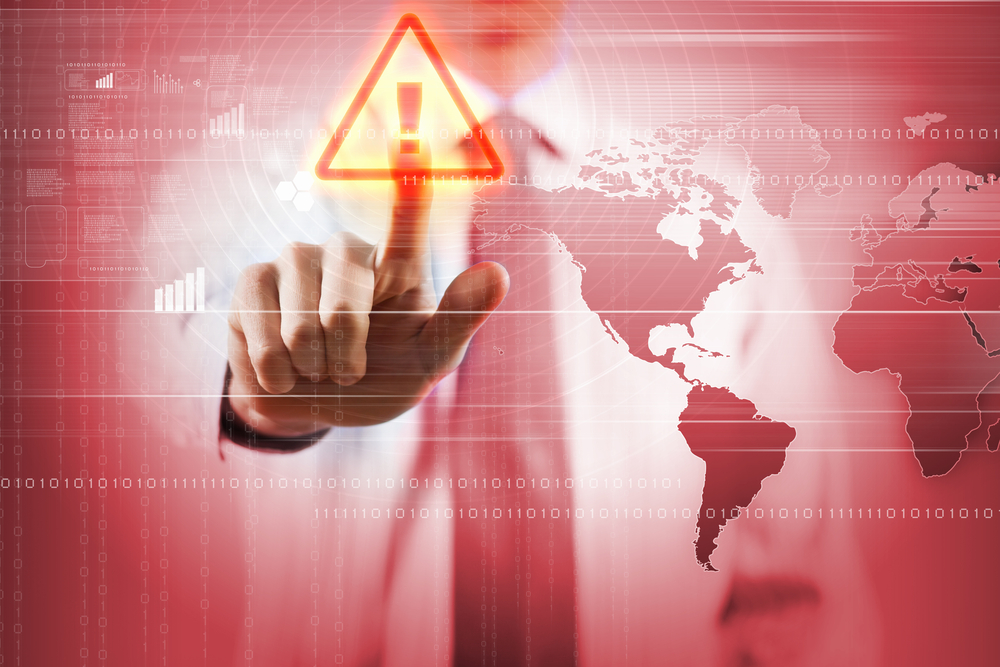
Security staff suffering alert fatigue as report volumes increase
According to a new study, 70 percent of security teams have seen more than double the volume of security alerts in the past five years. These high volumes of reports cause problems for IT security teams with 83 percent saying their security staff experience 'alert fatigue'.
The survey conducted by Dimensional Research on behalf of continuous intelligence specialist Sumo Logic also shows that while automation is helpful it isn't a complete solution.

Remote working exposes organizations to more security risks
A new survey released today by security software firm NetMotion reveals that 47 percent of organizations believe remote work has exposed their organization to high or extreme security risk.
Of these 62 percent are most concerned that workers will visit malicious URLs that could compromise networks and devices, while 45 percent are worried about workers accessing inappropriate content.
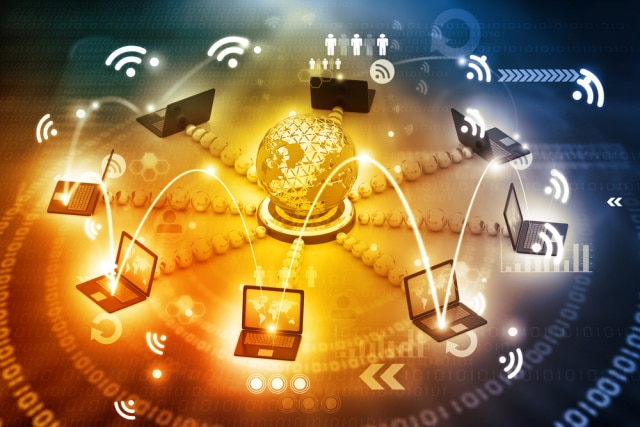
New solution helps enterprises understand application relationships and risk
Modern businesses rely on a variety of applications, but failing to understand the relationships between them can lead to increased risks.
To address this vArmour is launching a new version of its Application Controller solution, enabling enterprises to take control of operational risk by discovering and understanding application relationships across their IT environment and help maximize the value of their existing investments.

How my startup was born out of frustration
About seven years ago, as the COO of a financial services firm, I got pissed off. My company had a very simple service level agreement (SLA) with its clients: we would complete all of their financial transactions within three seconds. Period. And to ramp up our operations, we decided to move our infrastructure from on-site physical servers into the cloud.
But once we were on the cloud, we found that we were actually getting poorer transaction times -- way beyond our three-second SLA. We were not sure why, so we used a stack of off-the-shelf software to monitor the cloud’s operation. And when that didn’t give us the visibility we needed; we tried more applications. Even the cloud’s operators pitched in with their own professional service people. But again, no luck, no visibility, and worse, we started seeing a falloff in our business. Beyond that, we were spending twice as much on monitoring as we did on the cloud hosting itself. But to no avail, it didn’t offer us any help in troubleshooting our issue.
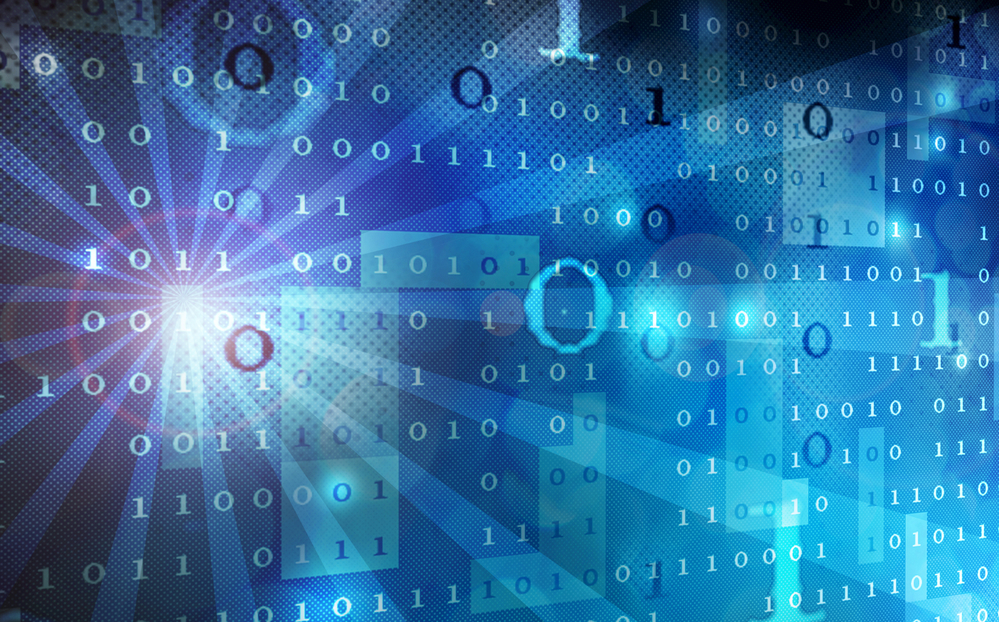
Building a data-driven culture with a data analysis framework
Creating a data-centric culture in your business requires a shift in mindset that won’t happen overnight. However, it is a goal that becomes more attainable the more it is driven by your people working towards it with passion and enthusiasm -- as opposed to something dictated to them from the top.
There are a mix of factors that can cause barriers that hamper the successful development of a data-driven culture. At the base level, the technology and infrastructure choices a company makes, and what it provides its employees to work with, can be majorly prohibitive to a healthy data culture if that technology doesn’t support people in how they do their job.

Searching for business ideas: Three effective approaches for robotics
Startups are the new gold rush. It’s trendy to be smart, it’s trendy to have your own business, and it’s trendy to invent. If the stories of your mother's best friends' twenty-something year old children being Silicon residents make you a bit snarky, don’t miss a moment. The year 2020 is all about opportunities. Especially for robo-geeks.
Read our three pieces of advice for finding free niches for your project, and pick up ideas that are just in front of you!
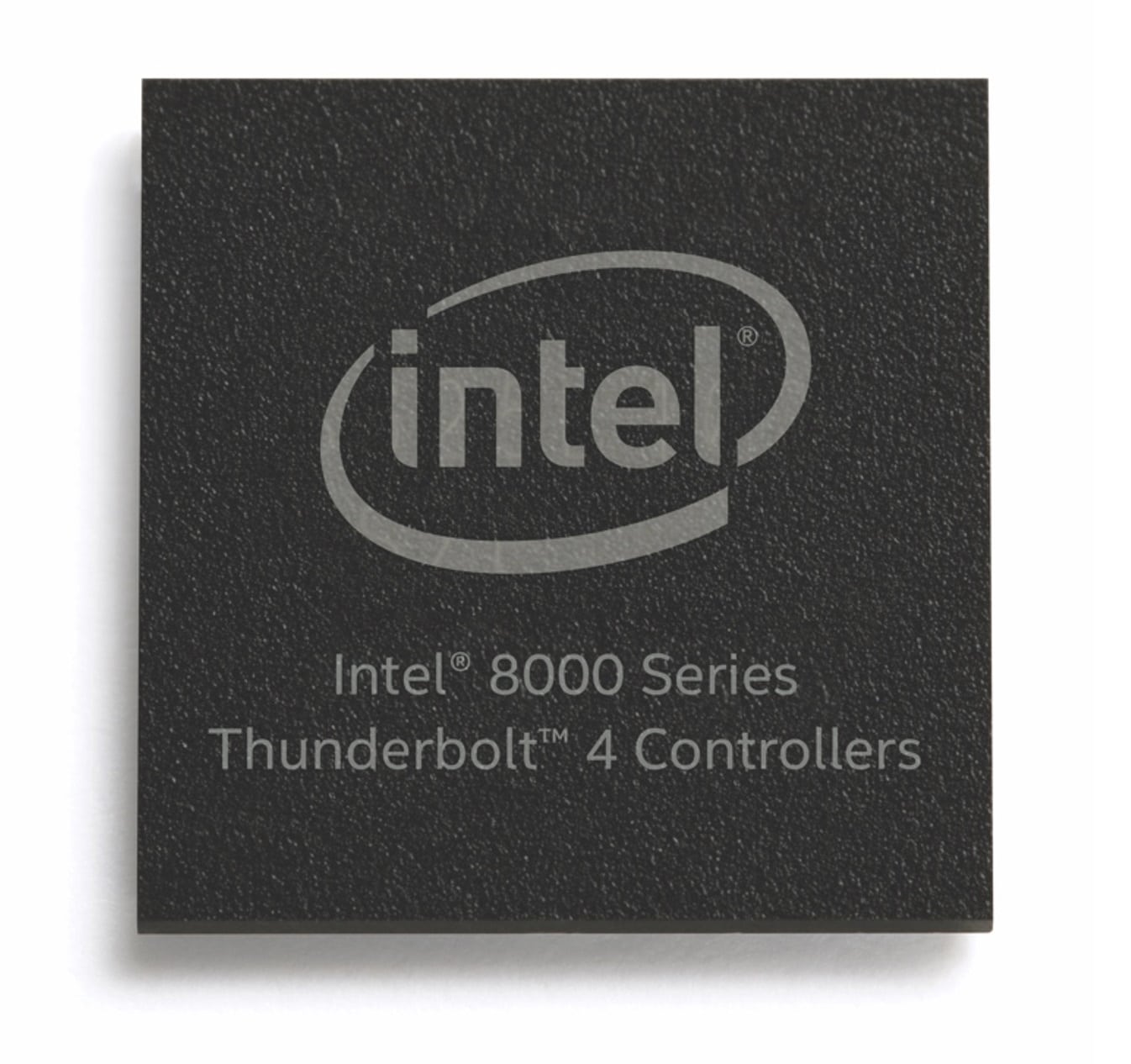
Intel unveils Thunderbolt 4
Thunderbolt 3 has been a game-changer for many consumers, allowing them to connect very powerful docking stations and fast external SSDs to their laptops. While the third-gen of Thunderbolt has been more popular than previous generations, it still hasn't gained huge adoption by computer makers. Sure, Apple and some Windows laptop manufacturers have embraced it, but good ol' USB-A still reigns supreme. It doesn't help that most AMD-powered computers don't have TB3. This will likely change when Thunderbolt 3 is folded into the upcoming USB 4.0 standard.
Intel isn't satisfied to rest on its laurels, however, as it is continuing to push boundaries. Technology must be moved forward, and today, Intel officially announces Thunderbolt 4! And yes, it uses the same USB-C connector. If you are concerned about all of your existing Thunderbolt 3 devices becoming obsolete -- don't be. Intel promises all TB3 and USB-C devices will be compatible with TB4. Best of all, TB4 will add protections to help prevent the kind of vulnerabilities found in TB3.

KeePassXC 2.6.0 released with completely overhauled interface and Have I Been Pwned checks
KeePass has long made life easier when it comes to managing an ever-growing list of passwords for websites, online accounts and so on. Now with the release of KeePassXC 2.6.0, users are being treated not only to a redesign -- including a dark mode option -- but also new features including offline database password health checks.
The program now features comprehensive reports about passwords stored in its database, including checking with security service Have I Been Pwned to see if any have been involved in password breaches. But there's more.

Fake content drives online fraud
Based on a study of 34,000 sites and apps, as well as a survey of over 1,000 consumers conducted in June 2020, new research details how content abuse is a critical part of the fraud supply chain, the interconnected ecosystem of fraud.
The research, carried out by digital trust and safety firm Sift, also uncovered a fraud ring based in Russia where fraudsters executed a card-testing scheme through fake listings on an e-commerce marketplace.
Microsoft pushes out another update to PowerToys for Windows 10
Ah, PowerToys… how much we love thee! After reviving the much-loved utilities for Windows 10, Microsoft has wasted no time in releasing update after update, adding more and more tools and refining this incredible software.
It's only a week since the release of PowerToys v0.19.0, but the development team already has a new version for you to try out.

Security not keeping pace with moving to BYOD
With a shift to remote working many more businesses are embracing BYOD, but a new report from Bitglass suggests that security arrangements are failing to keep pace.
In the study, 69 percent of respondents say that employees at their companies are allowed to use personal devices to perform their work, while 26 percent also enable BYOD for contractors, 21 percent for partners, and some even for customers, and suppliers.
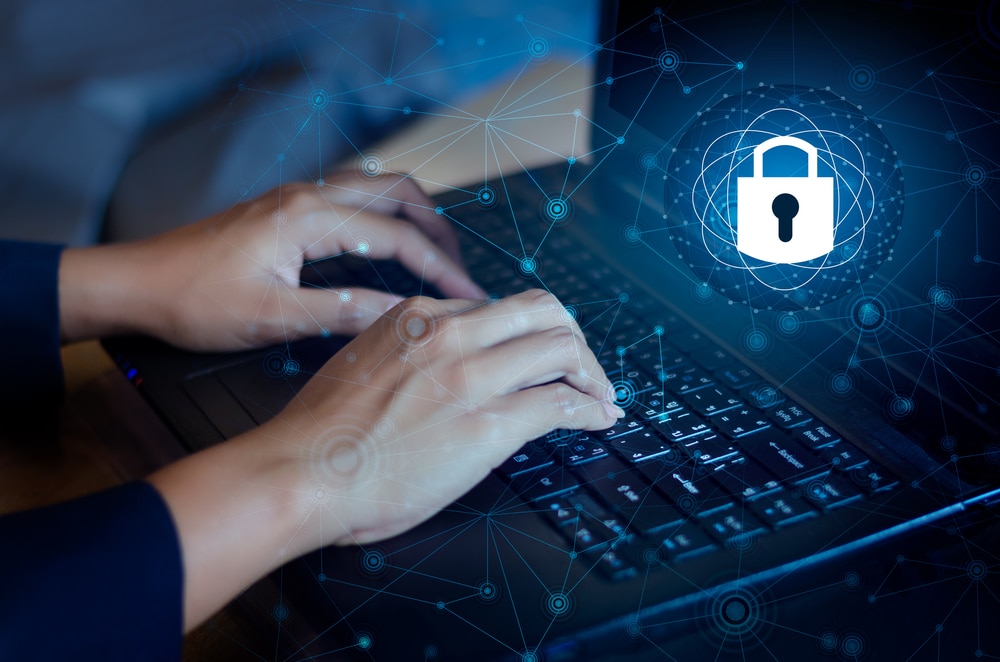
Over 15 billion sets of credentials in circulation on criminal marketplaces
New research from risk prevention specialist Digital Shadows finds there are more than 15 billion sets of usernames and passwords in circulation in cybercriminal marketplaces -- the equivalent of more than two for every person on the planet.
The number of stolen and exposed credentials has risen 300 percent from 2018 as the result of more than 100,000 separate breaches. Of these, more than 5 billion were assessed as 'unique' -- that is not advertised more than once on criminal forums.
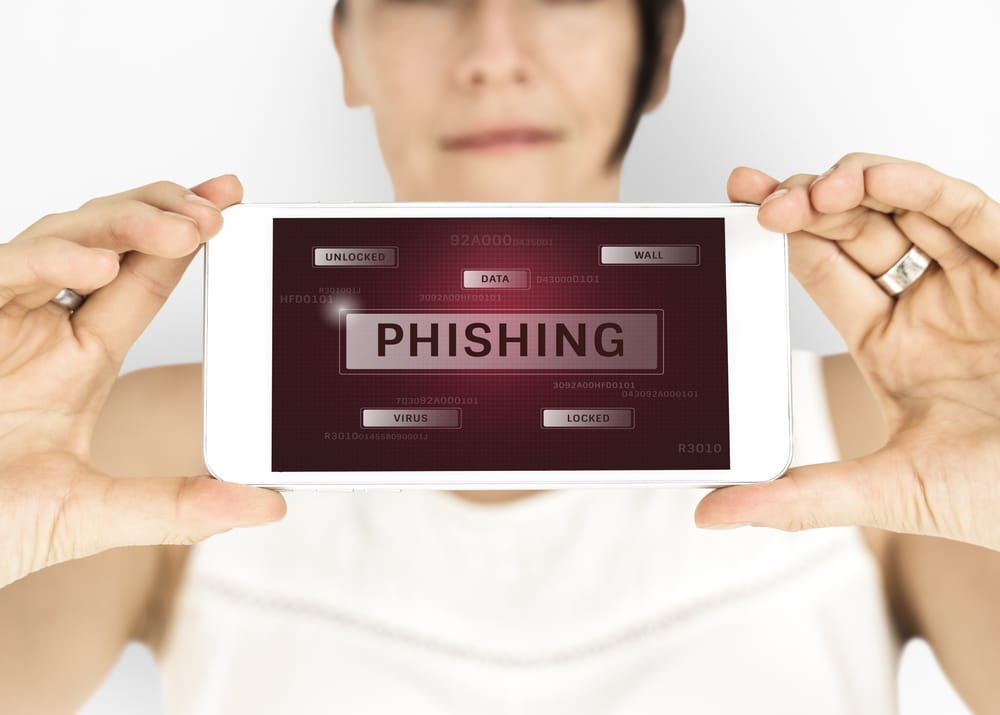
MobileIron launches phishing protection for enterprise mobile devices
Credential theft via social engineering is a major cause of data breaches, but with a more dispersed workforce it becomes harder to guard against.
Security platform MobileIron is launching a new multi-vector mobile phishing protection solution for iOS and Android devices to help organizations defend themselves.
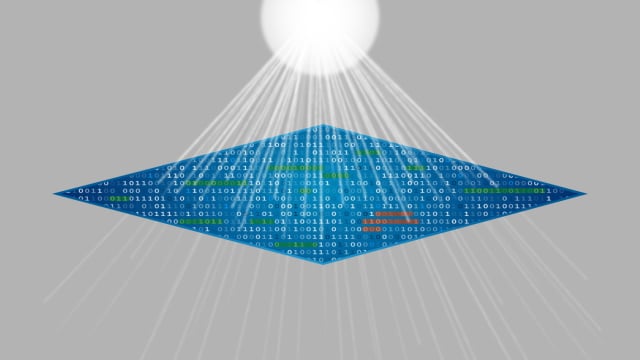
Microsoft launches Project Freta to detect malware in Linux kernels
Microsoft has revealed a new anti-malware service by the name of Project Freta. The company describes it as a "free service from Microsoft Research for detecting evidence of OS and sensor sabotage, such as rootkits and advanced malware, in memory snapshots of live Linux systems".
Project Freta is cloud-based, and the memory forensics tool was created by the NExT Security Ventures (NSV) team in Microsoft Research.
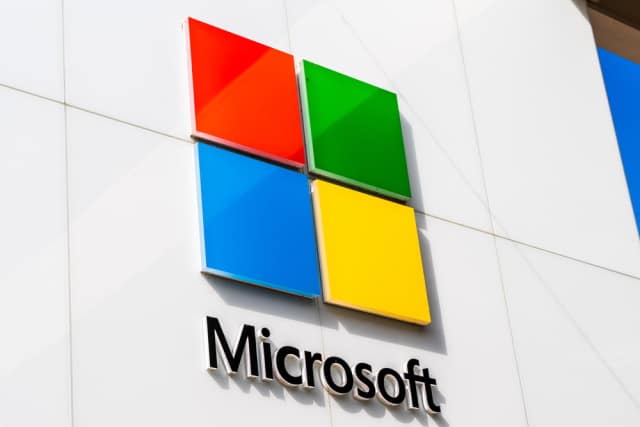
Microsoft takes another step towards killing off the Control Panel in Windows 10
Since the days of Windows 8, operating system settings have been split across the traditional Control Panel and the newer Settings. Over time, Microsoft has gradually tried to encourage people away from the Control Panel, burying it deeper and deeper in Windows.
Now the company has taken yet another step that signals the end of the line for the Control Panel you've come to know and love. In the latest builds of Windows 10, the System applet has been rendered all but redundant.
